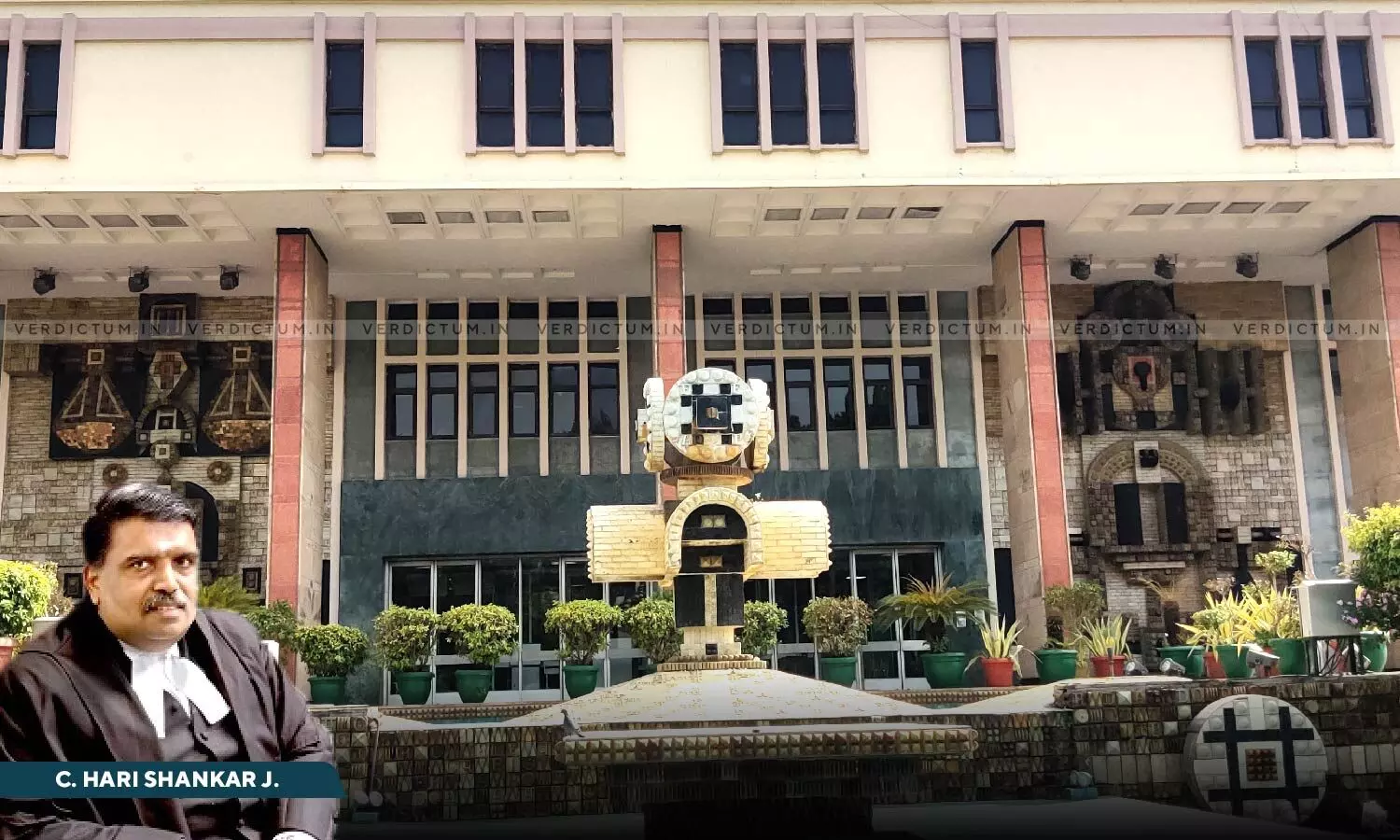
Section 27(1) A&C Act Does Not Expressly Require Arbitral Tribunal To Provide Detailed Reasons When Agreeing To A Request To Summon Witnesses: Delhi HC
 |
|The Delhi High Court observed that Section 27(1) of the Arbitration and Conciliation Act, 1996 does not expressly require an Arbitral Tribunal to provide detailed reasons when agreeing to a party's request to summon witnesses.
The Court clarified that although an Arbitral Tribunal (Tribunal) cannot mechanically pass orders under Section 27(1) of the Arbitration and Conciliation Act, 1996 (the Act), the order passed under the said provision must reflect a “conscious view” that the evidence of the persons whose presence the applicant seeks, is relevant or material to the case.
A Single Bench of Justice C. Hari Shankar observed, “Section 27(1) does not expressly indicate that the arbitral tribunal is required to provide detailed reasons while agreeing to the request of a party to summon witnesses. Indeed, in case the tribunal were, on a mere application for summoning of witnesses, to express a detailed opinion on the relevancy of their evidence, there is always a possibility of an objection being taken to the effect that the issue in controversy has been pre-determined.”
Advocate Akshu Jain appeared for the petitioner, while Advocate Naman Joshi represented the respondent.
BPT Infra Project Pvt. Ltd. (petitioner) alleged that their contract with Indraprastha Ice and Cold Storage Pvt. Ltd (respondent) was terminated for untenable reasons and thus sought compensation for the expected loss of profits. As part of the ongoing arbitral proceedings, the petitioner sought the Court's assistance to summon the respondent’s consultants to testify on the changes and directives issued during the project's execution.
Accordingly, the petitioner filed an application under Section 27 of the Act detailing the necessity of these witnesses to depose. The Tribunal thereby directed the petitioner to seek the High Court's intervention to summon these witnesses.
However, the respondent raised an objection asserting that the grant of approval by the Tribunal for summoning cannot be a mechanical exercise and that the order must reflect a conscious application of mind as to the relevancy of the evidence of witnesses whom the applicant seeks to summon.
“The application filed by the petitioner sets out clear and cogent reasons as to why the petitioner was seeking summoning…authorised person from M/s Architect Bureau. The order passed by the learned Arbitral Tribunal must, therefore, be regarded as having impliedly accepted the contentions of the petitioner in that regard and having found the reasons adduced by the petitioner in its application to be justified,” the Court remarked.
The Court explained that the application filed clearly set out cogent reasons as to why the petitioner was seeking to summon the witnesses. “The order passed by the learned Arbitral Tribunal must, therefore, be regarded as having impliedly accepted the contentions of the petitioner in that regard and having found the reasons adduced by the petitioner in its application to be justified,” the Court added.
“So long as the learned Arbitral Tribunal approves the prayer of the party before it, for summoning the cited witnesses, the requirement of Section 27 (1) is fulfilled,” the Court remarked.
Consequently, the Bench directed the witnesses to present themselves before the Tribunal.
Accordingly, the High Court allowed the petition.
Cause Title: BPT Infra Project Pvt. Ltd. v. Indraprastha Ice and Cold Storage Pvt. Ltd. (Neutral Citation: 2024:DHC:5136)
Appearance:
Petitioner: Advocates Akshu Jain, Stuti Jain and Vishwa Bharti
Respondent: Advocates Naman Joshi and Aryan Verma